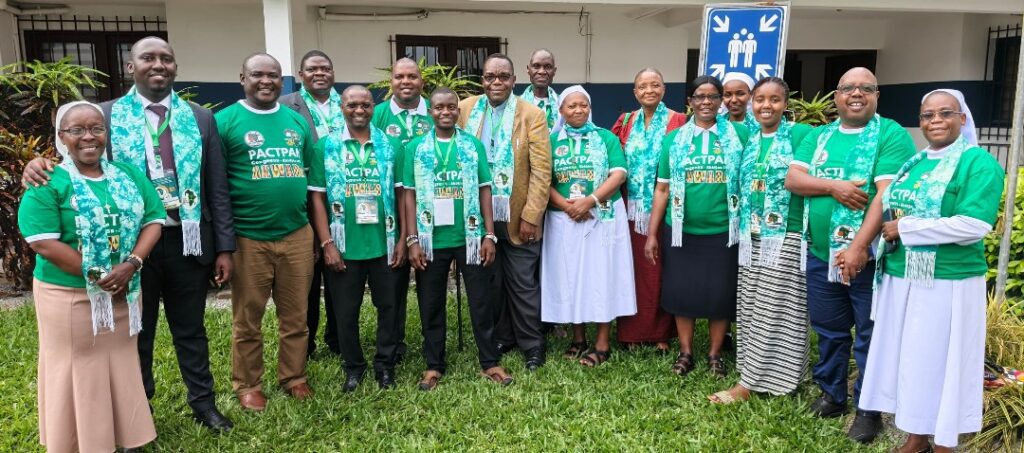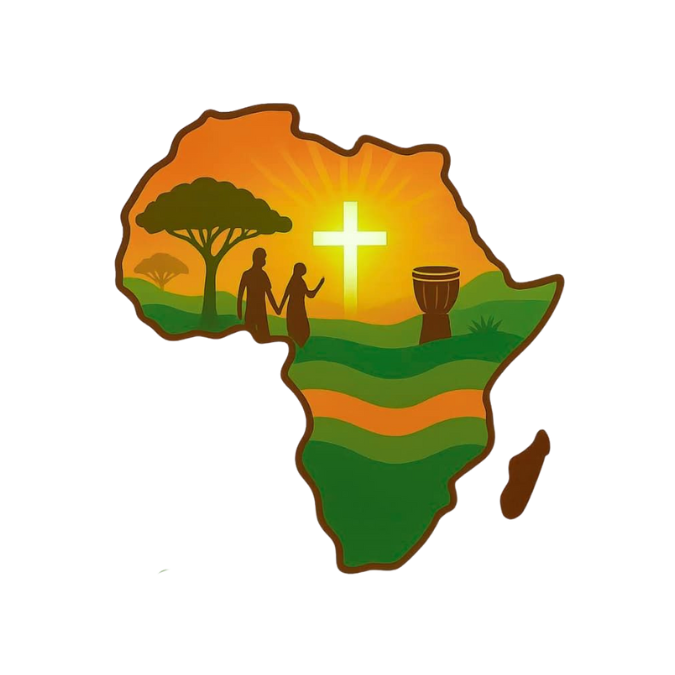
The gift of language, a sacred trust from God, came vibrantly alive at the III Pan-African Catholic Congress on Theology, Society, and Pastoral Life, held in Abidjan, Côte d’Ivoire, August 5–10, 2025. More than a conference, this Jubilee of Hope gathering was a decisive moment when Africa declared with one voice: “Theology has come home to Africa.” Its echoes are not for Africa alone, but for the whole Catholic world.
From across Africa and the diaspora came theologians, bishops, religious sisters, pastors, and lay leaders. Their presence formed a living tapestry of cultures, signalling a new chapter. A video message from Pope Leo XIV and the attendance of global Church leaders such as Cardinal Fridolin Ambongo and Archbishop Fortunatus Nwachukwu affirmed communion with the universal Church.
Yet the deeper conviction in Abidjan was clear: Africa is no longer merely receiving the Gospel—it is offering its own contextual, vibrant, and hopeful gift to the world.
A Living, Breathing Theology
The atmosphere in Abidjan was fraternal and festive. The congress hall vibrated with the rhythmic accompaniment of African drums as participants, attired in vibrant, multi-coloured fabrics, engaged in an impromptu dance. Here, proverbs evolved into theological arguments, and ancient rituals were woven into the liturgy, revealing the embodiment of faith and the dynamic nature of the African Christian experience. One participant captured the spirit perfectly, describing the congress as a great African “tripod” standing firmly on faith, language, and hope. In this joyous reclaiming of identity, the people of God affirmed that the God of Jesus Christ is truly a God of and with Africans, deeply rooted in their history and their future.
Beyond the vibrant celebration, the congress was a moment of profound discernment. The final statement laid out a bold vision for a Church that is truly alive and on mission. This new African Catholicism would be vital and youthful. It would be self-reliant, reducing dependency on foreign aid, and deeply synodal, with all the baptized journeying together. It would also be a prophetic Church, unafraid to confront the injustices of ecological destruction and corruption. And perhaps most critically, it would be a digital Church, empowering Africa’s young “digital missionaries” to carry the Gospel to new frontiers.
A Gift for the Whole Body of Christ
This bold vision for African Catholicism has global implications. In a world reeling from what one speaker termed “structural exhaustion,” characterized by community fragmentation, climate disruption, and deep inequality, the congress insisted that Africa’s vitality offers a path forward for the universal Church. The Abidjan gathering became a prophetic sign for the 21st century: a call for new models of solidarity and a missionary exchange of gifts between the global North and South. Africa’s faith, resilience, and hope are not solely for its people; they are a blessing bestowed upon the entire body of Christ.
The congress closed by adopting the SECAM’s Vision for 2050, a commitment to deepen the connection between theology and everyday life, and to develop a political theology capable of engaging with Africa’s pressing crises. Above all, the gathering affirmed that hope has a face: the Risen Christ. It’s in His light that Africa will confidently walk into the future, building structures of hope through the agency of its people and the grace of God.
Conclusion: Theology at Home
The III Pan-African Catholic Congress was a family reunion of faith and culture, of memory and mission. It declared that theology is no longer a foreign import but a homegrown, living practice rooted in Africa’s soil. As one participant remarked:
This Jubilee of Hope is not an end, but a powerful beginning. Theology has truly come home to Africa, and from Africa, it now speaks to the world.



